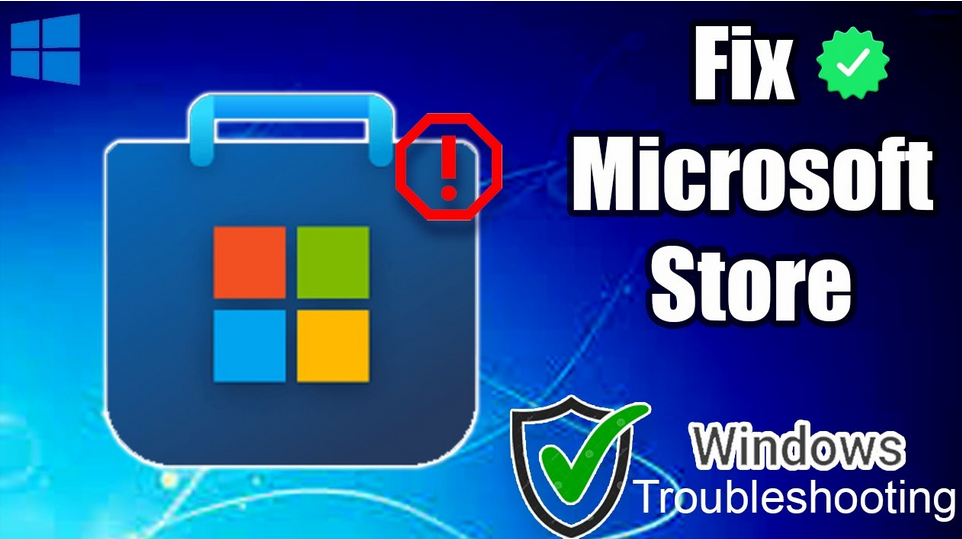Example
Imagine a healthcare application that stores patient records. Given the sensitive nature of health data, it is imperative to ensure that this data is encrypted both when stored and when transmitted between the application and other systems.
Using the AWS Encryption SDK, developers can seamlessly integrate encryption into the application. When a new patient record is added, the data can be encrypted on the client side before being sent to the server for storage. This ensures that even if there is a breach and the data is intercepted during transmission, it remains unreadable without the decryption key. Here is a simplified Python code snippet example to encrypt data using a KMS key specified as a key provider:
from aws_encryption_sdk import KMSMasterKeyProvider, encrypt
key_provider = KMSMasterKeyProvider(key_ids=[
‘arn:aws:kms:us-east-1:012345678912:key/abcd1234-a123-456a-a12b-a123b4cd56ef’
])
plaintext = ‘This is a plaintext message.’
ciphertext, encryptor_header = encrypt(
source=plaintext,
key_provider=key_provider
)
print(f’Ciphertext: {ciphertext}’)
When the application retrieves a patient record, it decrypts the data on the client side, ensuring that the server never sees the unencrypted data. This adds an additional layer of security, which is especially important given the stringent regulations around health data. You can use the following code snippet to decrypt data using the same KMS key specified:
from aws_encryption_sdk import KMSMasterKeyProvider, decrypt
key_provider = KMSMasterKeyProvider(key_ids=[
‘arn:aws:kms:us-east-1:012345678912:key/abcd1234-a123-456a-a12b-a123b4cd56ef’
])
decrypted, decryptor_header = decrypt(
source=ciphertext,
key_provider=key_provider
)
print(f’Decrypted: {decrypted.decode(“utf-8”)}’)
This practical example underscores the importance and utility of the AWS Encryption SDK in real-world scenarios, especially when dealing with sensitive information.
Use cases
Given its features and advantages, the AWS Encryption SDK can be employed in a variety of scenarios:
- Large-scale data processing: For applications that process large volumes of data, such as big data analytics platforms, the SDK’s performance optimizations can be invaluable.
- Sensitive data storage: For applications that store sensitive data, such as personal information or financial data, the SDK’s robust encryption and tampering protection ensure that this data remains secure.
- Multi-platform development: Organizations that develop applications across multiple languages can leverage the SDK’s language-specific versions to maintain a consistent encryption strategy across all their platforms.
- Hybrid cloud environments: Businesses operating with a mix of on-premises, AWS, and other cloud infrastructures can use the AWS Encryption SDK to ensure consistent encryption practices across their overall landscape. This uniformity is crucial for maintaining data security standards, irrespective of where the data resides or is processed.
- Regulatory compliance: For businesses that operate in highly regulated industries, the SDK can help meet compliance requirements related to data encryption and protection.
The AWS Encryption SDK simplifies data security with its combination of powerful encryption and developer-friendly design. This makes it easier for organizations to protect sensitive data without sacrificing efficiency. With the ever-growing focus on data security, tools like this are essential. Now that we have explored encryption strategies, let’s turn our attention to AWS tools and best practices for securing and managing cryptographic keys.




